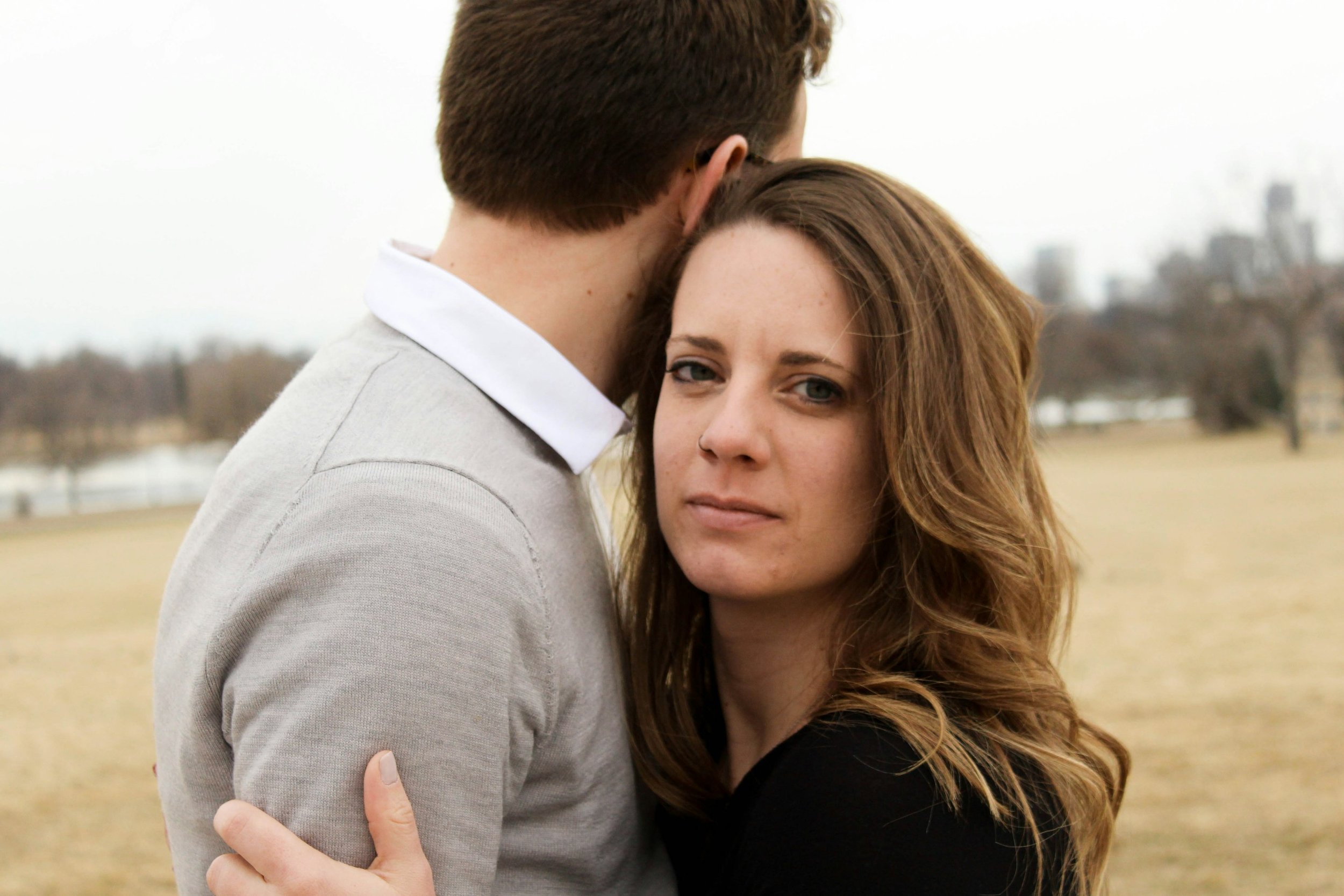What Does It Mean to Be Emotionally Unavailable?
Experiencing a disconnect in emotional intimacy with a partner can evoke feelings of confusion, frustration, and even distress. If you have found yourself questioning the nature of your emotional connection, it's important to recognize that this is a common challenge for many couples. Understanding the causes of emotional unavailability is a crucial first step, and couples therapy can provide valuable support in addressing these issues.
Key Takeaways:
Emotional unavailability often looks like disengagement, reluctance to be vulnerable, or lack of reciprocation in emotional or physical intimacy.
It’s not always intentional. Some people don’t realize they’ve become emotionally closed off, especially if they used to be more open.
Common signs include discomfort with vulnerability, inconsistency in connection, or deflecting tough conversations.
Emotional unavailability is often a learned response to trauma, family patterns, or low emotional literacy.
Couples therapy with a skilled couples therapist can help rebuild emotional safety and foster deeper connection.
Signs Your Partner May Be Emotionally Unavailable
If you’re asking, “How do I know if my partner is emotionally unavailable? ” — you’re not alone. Many people are unsure whether what they’re experiencing is part of a temporary phase or something deeper. Below are common signs of emotional unavailability that can show up in relationships.
1. They Seem Emotionally Distant or Disengaged
An emotionally unavailable partner may appear withdrawn or uninterested in the things that once brought you closer. For example, maybe you used to hike together every weekend, but now they avoid making plans or brush it off with excuses. They might claim to be too tired or busy — or deflect when asked about the change. This emotional distance can feel like a quiet loss, even if it’s not openly acknowledged.
2. They Avoid Vulnerable Conversations
If your partner shuts down when you try to talk about your feelings or bring up a lack of connection, they may be emotionally unavailable. Even when approached gently and with care, they may withdraw, change the subject, or downplay your concerns. Some may gaslight your experience, make excuses, or blame external factors like work or family stress — all of which are common defense mechanisms rooted in a fear of intimacy.
Working with a marriage therapist or couples therapist in Los Angeles can create a safe space to explore emotional blocks and rebuild trust.
3. They Stop Initiating or Reciprocating Emotional Effort
Emotional availability in relationships is fostered through reciprocal engagement. If one partner consistently undertakes the emotional labor—initiating conversations, prioritizing quality time, or maintaining connection rituals—while the other offers minimal reciprocation, this can be indicative of an imbalance.
When a routine of exchanging goodnight texts during travel suddenly stops without explanation and becomes a recurring issue, it may indicate emotional detachment. While it's common for people to be busy at times, ongoing disconnection should be addressed thoughtfully. Seeking guidance from a couples therapist in Los Angeles can provide valuable insights into whether these occurrences reflect a deeper emotional pattern within the relationship.
What Does Being Emotionally Unavailable Look and Feel Like?
Understanding emotional unavailability isn’t just about observing your partner — it’s about noticing how it feels in your body and mind, too.
Emotional Unavailability Can Look Like:
Disinterest in quality time or shared activities
Withdrawing from deep conversation
Hyperfocusing on work or distractions
Humor used to deflect emotional topics
Anger or irritability during emotional discussions
Resistance to discussing conflict or parenting challenges
An overemphasis on fun or escape
Shutting down or becoming emotionally numb
Emotional Unavailability Can Feel Like:
Walking on eggshells
A lack of emotional safety
Being unseen or unheard
Constant emotional confusion
Feeling like the connection is “off” but not knowing why
The emotionally unavailable person may feel overwhelmed, anxious, or emotionally unsafe. Often, emotional unavailability stems from childhood trauma, attachment wounds, or a lack of emotional modeling in early life. People may struggle with emotional regulation, have difficulty naming their feelings, or mistake vulnerability for weakness.
Phrases like:
“You’re too sensitive.”
“That’s too deep for me.”
“Stop overthinking.”
are often used to mask discomfort with emotional intimacy.
Can an Emotionally Unavailable Person Change?
Yes—change is possible, but it requires a genuine desire for growth, increased self-awareness, and, frequently, the support of a skilled therapist. Many individuals who present as emotionally unavailable are not intentionally avoiding closeness. Instead, they may lack the learned skills to identify, articulate, or trust their emotions. Within a supportive therapeutic setting, particularly with the assistance of a qualified therapist, these established patterns can be carefully examined and addressed, leading to healing. To learn more about this process, consider seeking to find the right therapist who specializes in fostering emotional intimacy and resolving attachment-related challenges.
Working with such a professional can be a significant step towards building more meaningful connections.
How to Heal From Emotional Unavailability and Rebuild Connection
The good news is, more people are recognizing the importance of emotional availability in relationships. We’re normalizing emotional language, embracing vulnerability, and seeking out tools that foster connection.
If you or your partner struggle with avoidant attachment or have a hard time being emotionally present, know that support is available. A licensed Couples Therapist or marriage counselor can help you move from emotionally unavailable to emotionally engaged — by building communication tools, encouraging shared vulnerability, and creating emotional safety.
When emotional availability is restored, relationships thrive. You begin to feel more connected, seen, and understood — not just by your partner, but by yourself as well.
Ready to Reconnect?
If you're finding it hard to connect emotionally in your relationship, seeking support can make a big difference. Consider reaching out to a qualified couples counselor who specializes in relationships.
They can help you understand the challenges you're facing and guide you towards building a deeper emotional connection. Start your journey towards a more satisfying relationship with the support of experienced professionals. Contact us today.


